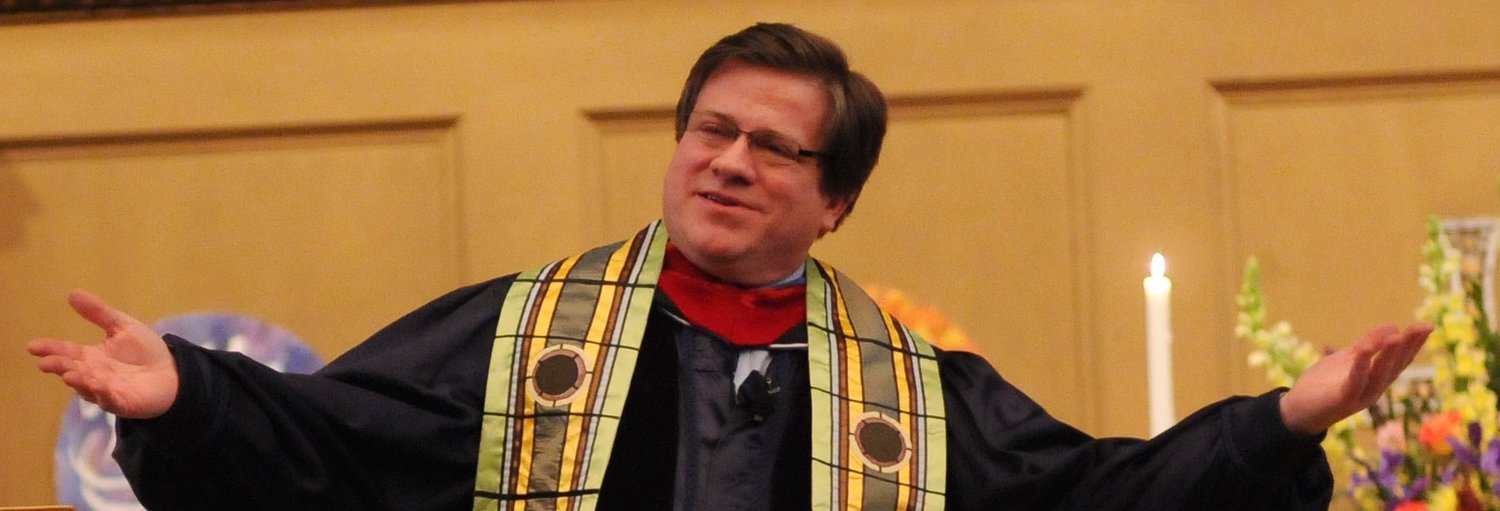For the Inward Journey, Day Twenty
from Sorrow Songs—the Ground of Hope
(part one)
In one of the essays which make up the little book of meditations Deep River, I located three major sources of raw materials over which the slave placed the alchemy of his desiring and aspiring: the world of nature, the stuff of experience, and the Bible, the sacred book of the Christians who had enslaved him. It was from the latter two that the songs of life and death originate. An examination of some of the insights to be found here is at once the purpose and proposal of my lecture.
Death was a fact, inescapable, persistent. For the slave, it was extremely compelling because of the cheapness with which his life was regarded. The slave was a tool, a thing, a utility, a commodity, but he was not a person. He was faced constantly with the imminent threat of death, of which the terrible overseer was the symbol, and the awareness that he (the slave) was only chattel property, the dramatization. It is difficult for us, so far removed in time and mood from those agony-ridden days, to comprehend the subtle psychological factors that were at work in the relationship between slave and master. If a slave were killed, it was merely a property loss, a matter of bookkeeping. The notion of personality, of human beings as ends so basic to the genius of the Christian faith, had no authentic application in the relationship between slave and master. The social and religious climate were uncongenial to such an ethic. Of course, there was there were significant exceptions to the general rule—which exceptions, by the light they cast, revealed the great moral darkness by which the period was engulfed. The situation itself stripped death of dignity, making it stark and nasty, like the difference between tragedy and melodrama. Death by violence at the hand of nature may stun the mind and shock the spirit, but death at the hands of another human being makes for panic in the mind and outrages the spirit. To live constantly in such a climate makes the struggle for essential human dignity unbearably desperate. The human spirit is stripped to the literal substance of itself. The attitude toward death is profoundly influenced by the experience of life.
It is important then to examine this literature to see what is revealed here concerning the attitude toward death. How significant is death? Is it the worst of all possible things that can happen to an individual:
Oh Freedom! Oh Freedom!
Oh Freedom, I love thee!
And before I'll be a slave,
I'll be buried in my grave,
And go home to my Lord and be free.
Obvious indeed is it here that death is not regarded as life's worst offering. There are some things in life that are worse than death. A man is not compelled to accept life without reference to the conditions upon which the offering is made. Here is something more than a mere counsel of suicide. It is a primary disclosure of an elemental affirmation having to do directly, not only with the ultimate dignity of the human spirit, but also with the ultimate basis of self-respect. We are face to face with a gross conception of the immortality of man, gross because it is completely exhaustive in its desperation. A radical conception of the immortality of man is apparent because the human spirit has the final word over the effect of circumstances. It is the guarantees of the sense of alternative in human experience, upon which, in the last analysis, all notions of freedom finally rest. Here is the recognition of death as the one fixed option which can never be taken from man by any power, however great, or by any circumstance, however fateful. If death were not implicit in the fact of life in a time-space dimension, then in no true sense would there be any authentic options in human experience. This concept regards death merely as a private option, private because it involves the single individual as if he and he alone existed in all the universe; option, because, while it assumes the inevitability of death as a factor in life, it recognizes the element of time which brings the inevitable factor under some measure of control.
(For the Inward Journey: the writings of Howard Thurman.
Selected by Anne Spencer Thurman. pages 204-205
Originally published in The Negro Spiritual Speaks of Life and Death)
In some ways, I first learned to sing old African American spirituals not in a school choir—although spirituals would certainly be sung by every choir I ever was part of—but at Congdon Street Baptist Church. I remember the choir director calling me to the organ so that she could teach me “Ride on, King Jesus, no man can a-hinder me!” The singing by our choir was filled with triumph and joy.
This was in years immediately following a time when my church camp at Irons Homestead hired students from historically Black Talladega College to lead our senior high camp. I learned from those students whose experience of the church was formed in the midst of the struggle for voting rights. In college, they were building on that formation. They shared that they woke up each morning with their minds “stayed on Freedom,” and we were learning that this was a call to freedom from the war against Viet Nam and freedom for women’s full equality. They shared that the spirituals had meaning not only in the sanctuary but on the streets.
These conversations of many decades ago resonate as I try to understand Dr. Thurman’s lecture. And try, in it all, to stay humble and to be a learner, like when I stood and heard notes on an organ hammered out one at a time.
